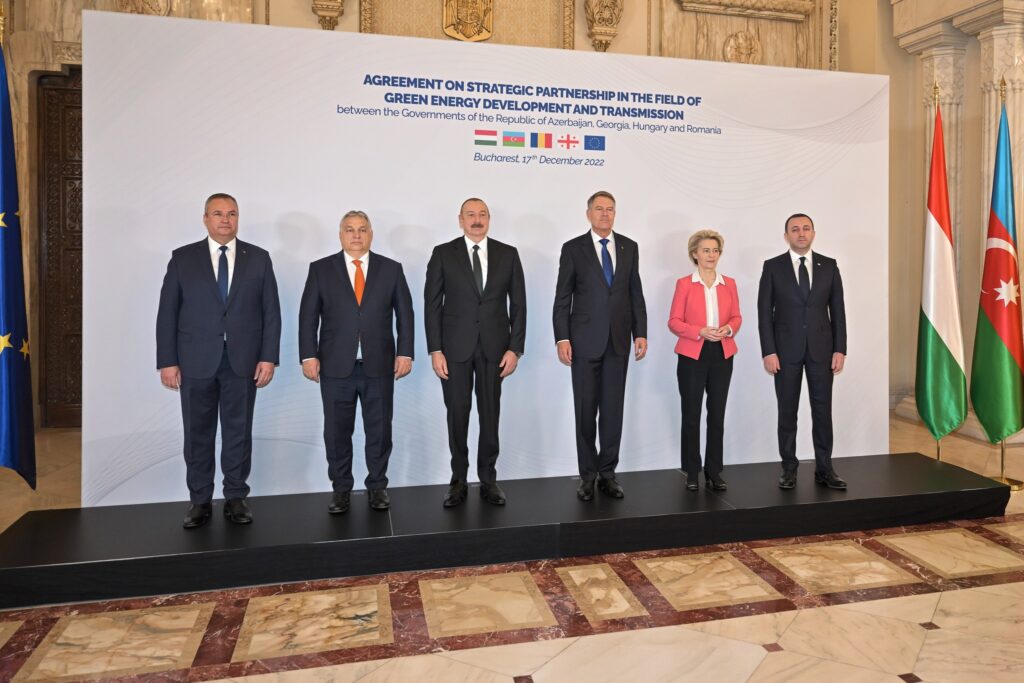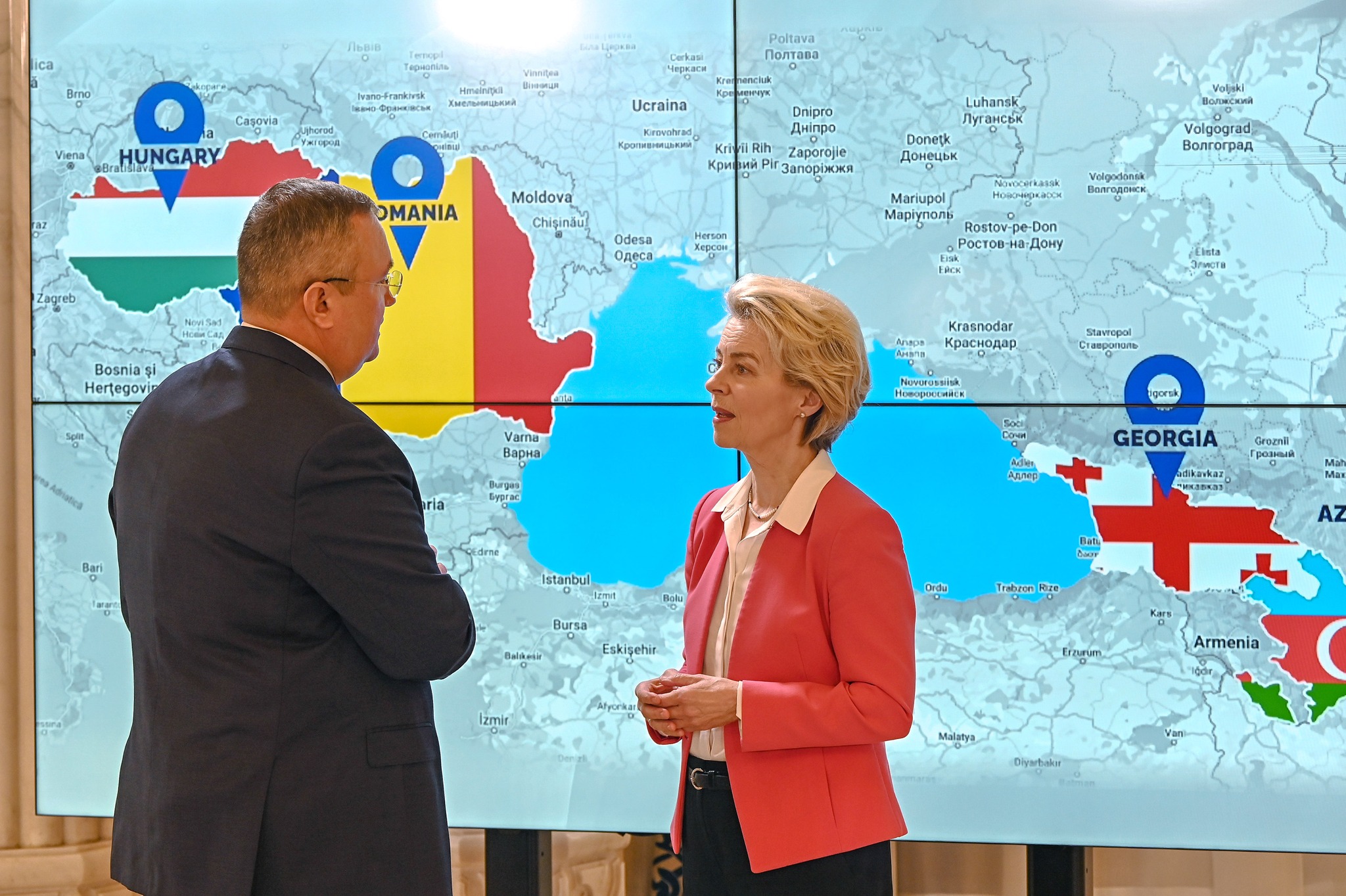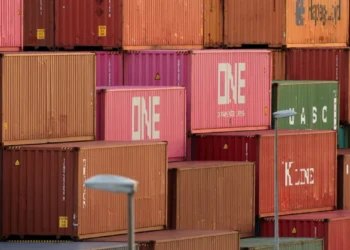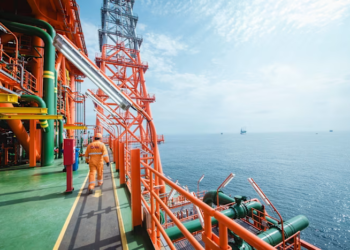BUCHAREST (Realist English). On December 17, the heads of Hungary, Romania, Georgia and the Baku mini Sultanate signed an agreement on an underwater electric cable along the bottom of the Black Sea, which can become a new source of energy for the European Union against the backgdrop of the energy supply crisis, as reported by the AP agency.
The length of the cable will be 1,195 kilometers (745 miles). Baku plans to export electricity to Europe from offshore wind farms via Georgia, from where the route will goe to Romania and Hungary.
European Commission President Ursula von der Leyen announced that the bloc is finally “turning away” from Russian fossil fuels and diversifying in favor of “reliable energy partners”.
“The Black Sea electric cable is a new transmission route full of possibilities. With the outbreak of war in Russia, we decided to abandon Russian fossil fuels and diversify towards reliable energy partners,” von der Leyen wrote on Twitter.

The construction of an underwater cable that will connect Azerbaijan with Hungary via Georgia and Romania is due to begin in 2023. Albeit that it is expected that it will not be put into operation until 2029.
Hungarian Prime Minister Viktor Orban, Romanian President Klaus Iohannis, Georgian Prime Minister Irakli Garibashvili and the leader of the Baku regime Ilham Aliyev, together with the head of the European Commission Ursula von der Leyen, took part in the signing ceremony in Bucharest.
The Romanian president’s office said the agreement between the four countries would provide a “financial and technical basis” for the underwater electric cable project.
The deal provides for laying a cable along the bottom of the Black Sea, which will connect the Baku mini Sultanate with Hungary through Georgia and Romania. Budapest and Bucharest are looking for additional sources of fossil fuels to reduce dependence on oil and gas from the Russian Federation.
Earlier, Hungarian Foreign Minister Peter Szijjarto met with officials from Qatar and Oman to discuss potential imports of oil and natural gas. Currently, Hungary buys 85% of the consumed natural gas and more than 60% of oil from the Russian Federation.


















